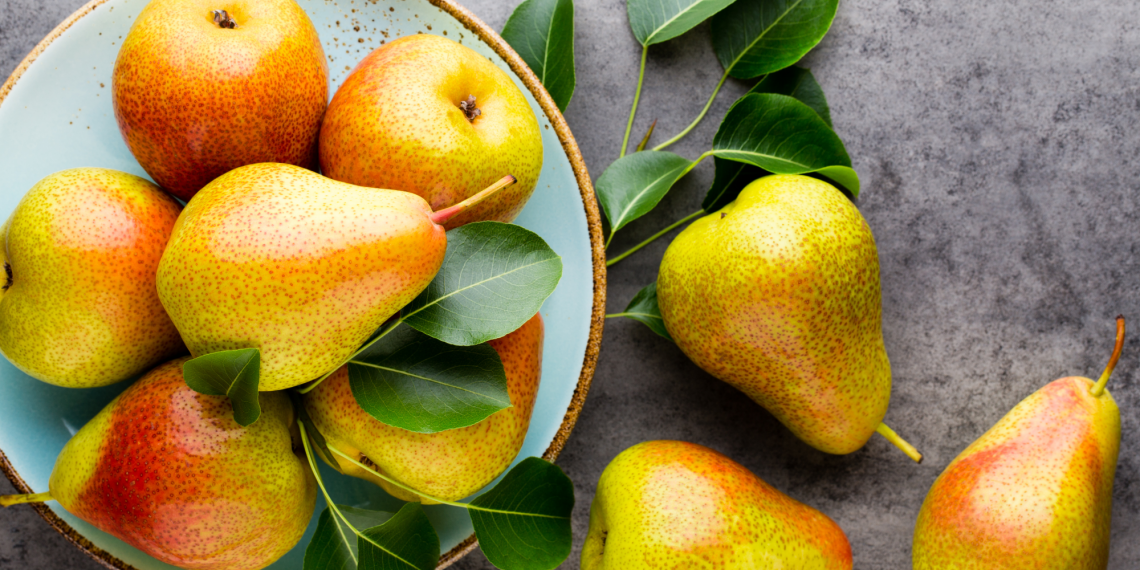
Pears,facts
Raw pears
- Pears are a member of the rose family which includes apples, apricots, and peaches.
- Pears are native to Europe and West Asia and have been used for more than 2000 years.
- Pear trees start producing fruit in 4 to 8 years and can live up to 75 years.
- Pears come in more than 100 different varieties and have many different colors, including different shades of green, red, yellow, and brown.
- Many pear varieties do not change color as they ripen, making it more difficult to determine ripeness.
- Pears are rich in folate, vitamin C, vitamin K, copper, and potassium.
- Pears are a good source of polyphenol antioxidants.
- Pears provide small amounts of folate, provitamin A, and niacin.
- Pears supply important minerals, such as copper and potassium.
- Pears are an excellent source of soluble and insoluble fiber, which are essential for digestive health.
- Pears should be eaten with the skin to get the most nutrients.
- Pears should be washed well before use as they might be pesticide-contaminated.
- Pears offer many beneficial plant compounds.
- Pears are a rich source of antioxidants such as flavonoids, procyanidins, and quercetin.
- Pears are a low glycemic index food (GI).
- Food allergies to pears are very rare.
- Pears do not ripen well on trees. Unripe pears can be left at room temperature for several days to ripen and unlike other fruits they ripe from the inside out.
- Pears can be stored at room temperature for several days and in the refrigerator for a week.


 Bulgarian
Bulgarian